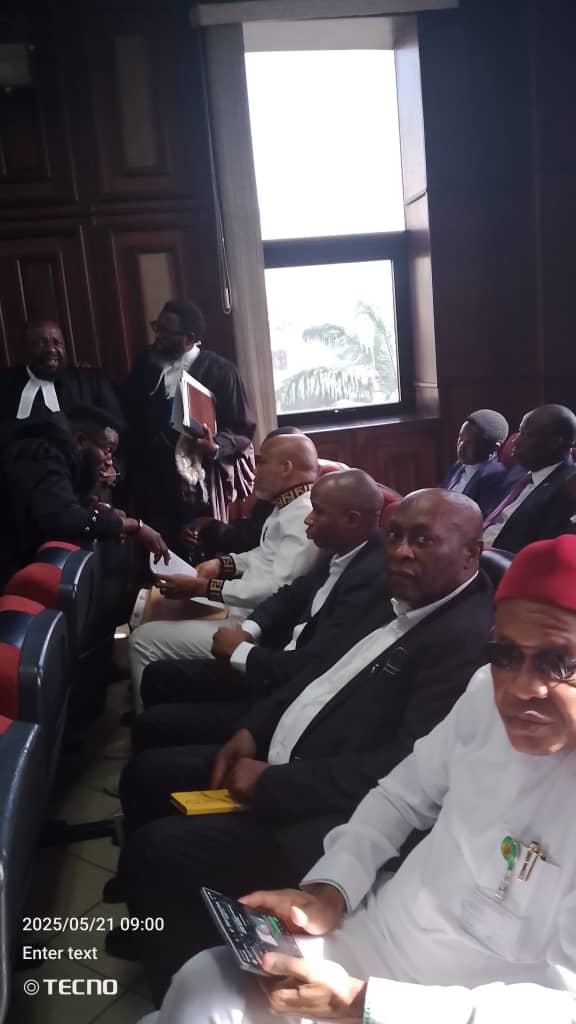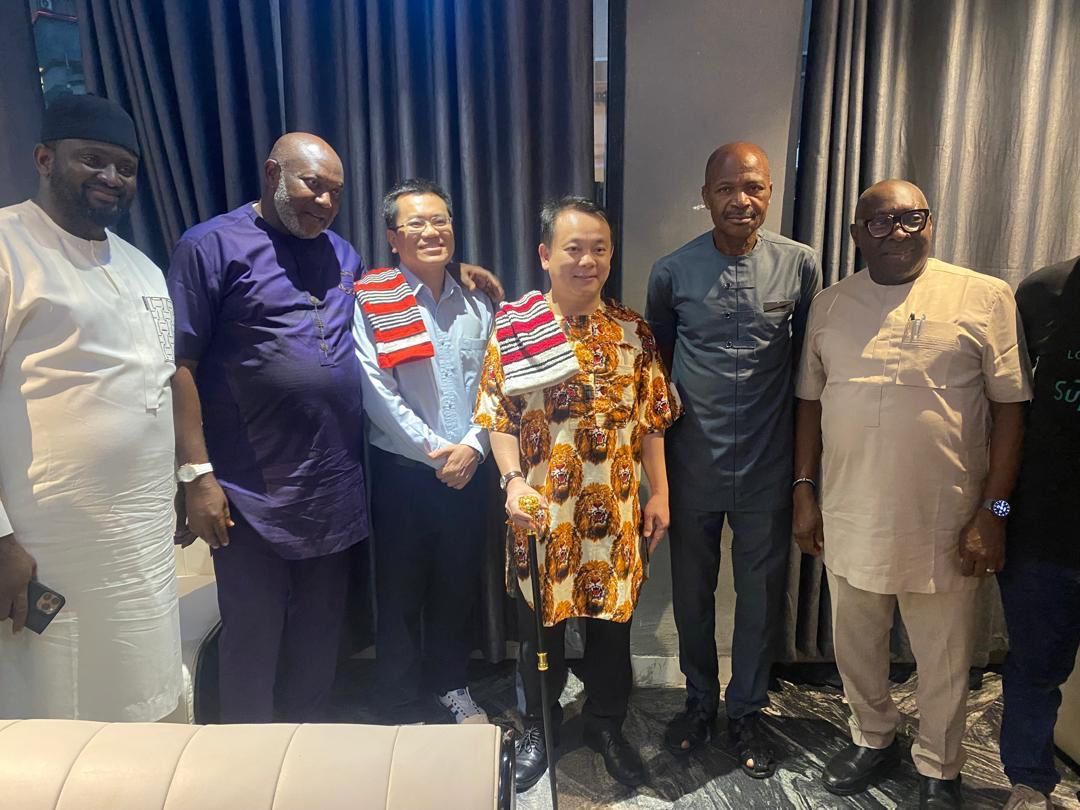In an era when political expediency often triumphs over principled advocacy, and when many in positions of power find comfort in silence, Hon. Obi Aguocha, the Honourable Member representing Ikwuano/Umuahia North and South Federal Constituency, stands as a luminous exception. His unwavering and consistent presence in the courtroom, in solidarity with his constituent and brother, Mazi Nnamdi Kanu, is far more than a symbolic gesture, it is a living testament to his unshakable belief in justice, equity, rule of law, and the sanctity of judicial independence in Nigeria.
This is not a political stunt. It is not an opportunistic display for media attention. It is the quiet but potent manifestation of conscience at work, a federal lawmaker who understands that justice is not abstract, but personal, communal, national. It is Obi Aguocha’s way of saying that those who represent the people must also stand with the people, especially when they suffer injustice. In the courtrooms of Abuja, where the fate of Nnamdi Kanu continues to hang in the balance amidst prolonged legal entanglements, Hon. Aguocha has chosen not the path of comfortable detachment but of courageous engagement.

With every step into the courtroom, Aguocha reaffirms not just his commitment to Mazi Nnamdi Kanu as a constituent, but more importantly, to the universal principles of human rights, fair hearing, due process, and judicial accountability. In a country where the judiciary has often been pressured, politicized, and paralyzed, his presence is a moral reminder to those in power that justice delayed is justice denied.
His action is reminiscent of the great parliamentarians and statesmen of history, those who bore the weight of their people’s struggles, who walked not behind their people but beside them. The likes of Gani Fawehinmi, Nelson Mandela, Dr. Martin Luther King Jr., and others whose legacies were carved in courtrooms and prisons, not just in legislative chambers.
By sitting through court proceedings, observing the intricacies of justice administration, Hon. Aguocha is gaining a firsthand, deeply human understanding of the failings and potential of Nigeria’s judicial system. It is an experience that will inevitably enrich his voice in the National Assembly, particularly in debates and reforms related to justice, constitutional rights, and civil liberties. He is not legislating in abstraction, he is living the legal reality of his constituents.
But beyond the politics and policy implications, it is the passion of his action that should move every Nigerian heart. In every step, in every court attendance, in every word of support, he communicates that justice is not just a concept—it is a moral imperative. That one cannot claim to fight for democracy and yet abandon the oppressed when the gavel of injustice falls. That one cannot claim to represent a people and yet disappear when those people face the harshest tests of their citizenship.
Let history record this: that when others chose silence, Hon. Obi Aguocha chose presence. That when neutrality was easy, he chose solidarity. That when justice stood on shaky legs, he lent it the strength of his conviction. That in the face of Nigeria’s often intimidating state apparatus, he stood not behind his people but before them, as shield, as voice, as advocate.
This is leadership with heart. Representation with soul. Politics with humanity.
And for this, Hon. Obi Aguocha deserves not only applause but a permanent place in the annals of Nigeria’s moral and democratic conscience.
— tpmifeanyi Aguikwu —








![NRC suspends Port Harcourt to Aba train services [SEE WHY]](https://nationscuriosity.com/wp-content/uploads/2025/09/Nigerian-Railway-Corporation-NRC-Ebute-Metta-e1447025569978-120x86.jpg)


